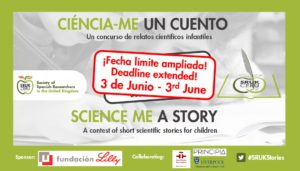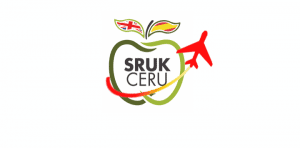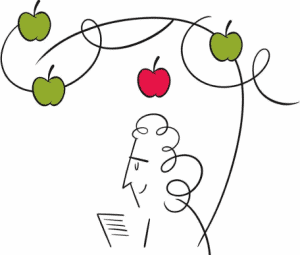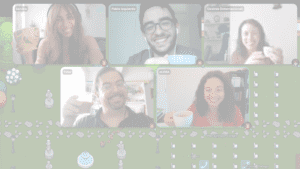
A contest of short scientific stories for children
The North West constituency of the Society of Spanish Researchers in the UK (SRUK/CERU) would like to invite you to participate in our very first contest of short scientific stories for children, Science me a story.
This initiative, sponsored by the Lilly Foundation, aims to promote the use of stories as a tool to communicate science for children. Using short stories, a familiar format for children, we intend to stimulate their interest in science and their imagination. Tales are not just about dragons and princesses, but also about crazy experiments and amazing discoveries. We want to inspire them, to make them curious about the world and to let them develop their scientific critical thinking.
We know this is not an easy task, but we are confident that through effort and enthusiasm, words will come out and flow to create beautiful stories. In the end, the joy of your readers will be an invaluable prize!
The contest is open to adults who want to write a short scientific story for children up to 12 years old. There are two categories, Spanish and English. The stories need to be sent by email before the 3rd of June 2018, and an expert committee will evaluate them. There will be 3 prizes worth £150, £100 and £50 respectively for each category. Moreover, the awarded stories will be published in a science communication magazine or other written media. The closing ceremony will be held at the Instituto Cervantes of Manchester in autumn. Scroll down for the competition rules or download them here.
Looking for some inspiration? The Literature and Science Hub from the University of Liverpool has put together some inspirational tips. Check them out here.
Also, follow all the latest news and announcements about the contest in our social media and Twitter #SRUKStories.
Competition rules
- The competition is open to any adults (18 years old or more), irrespectively of their nationality or country of residence, to participate in any of the following categories:
- Short story in Spanish.
- Short story in English.
- Each contestant will be able to submit a single manuscript per category, as long as each of the manuscripts is original and different from each other.
- The submitted manuscript should comply with the following directions:
- The story, which can be real or fictional, must be regarded from the point of view of scientific communication targeted to a young audience (up to 12 years old) through the use of the narrative. The topic should be related to science, the scientific method, the research process and the scientific discovery, everyday life of a scientist, and others alike.
- The manuscript must be written in either Spanish or English, according to the selected category.
- The manuscript must be original and unpublished, including any online media.
- The manuscript mustn’t be already awarded in any other competition. Should that be the case before the end of this competition, this must be reported to the organisation by the contestant.
- A single, original copy of the manuscript must be submitted, written entirely using Arial font, size 12, margins of 2.5 cm and 1.5 line spacing throughout (including the title). The manuscript mustn’t exceed four (4) pages in length, and should be a minimum of one (1) page long.
- The manuscripts must be submitted via email as an attachment in PDF format, and sent to the corresponding email address [email protected]. The text of the email must include the contact information of the contestant (name, email address and telephone number), together with the competition category selected. The PDF file name must correspond to the title of the manuscript. The manuscript mustn’t include any personal information, signature or any identification element related to the identity of the contestant.
- The submission deadline will be 3rd June 2018.
- The judging panel will be comprised by people related with the fields of science, culture and literature. In addition to the prizes decision and allocation, the judging panel (whose members will be disclosed once a decision is made) will be able to interpret these rules, and their decision will be unappealable. The members of the judging panel will be unable to participate in the contest.
- The scoring of the manuscripts will be based on theme fulfilment, literary quality, originality, structure and coherence of the narrative, as well as style, creativity and imagination.
- The decision of the judging panel will be disclosed through the SRUK/CERU webpage and other online media by the end of June, and it will be communicated to the awarded contestants via email or phone call. The closing ceremony will take place at the Instituto Cervantes in Manchester, United Kingdom.
- The awards for each category will be comprised of a winner prize (£150) and two runners-up prizes (£100 and £50). The awarded stories will also be published in the online magazine PRINCIPIA (stories in Spanish) or in other science communication media (stories in English).
- By participating in this competition, the contestants agree to comply with the aforementioned rules. The interpretation of these rules, and any other situation related with the competition, will lie on the judge panel.





